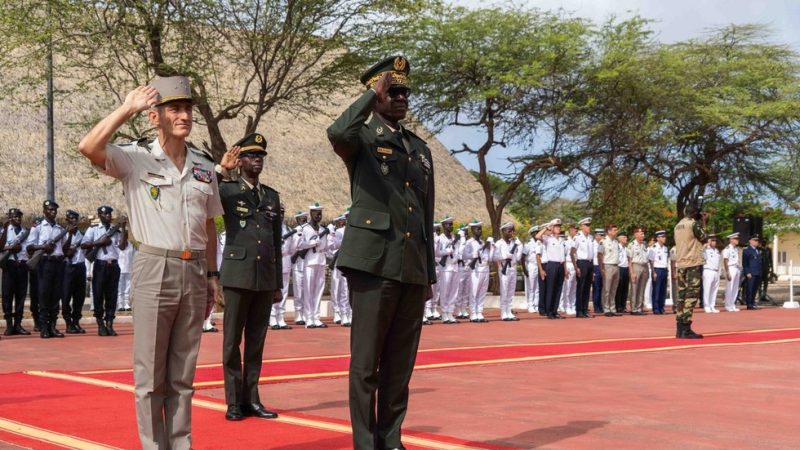
France has concluded its withdrawal of troops from Senegal, marking the end of a more than six-decade-long military presence in the West African nation. This move signifies a significant shift in Franco-African relations, following similar withdrawals from Burkina Faso, Mali, and Niger. The decision, driven by a growing assertion of national sovereignty by former colonies, reflects a changing geopolitical landscape in the region.
The final withdrawal involved the handover of Camp Geille, France’s largest base in Senegal, and an airfield at Dakar airport to Senegalese authorities. Approximately 350 French troops were involved in the three-month operation. While the French Armed Forces General Staff emphasized a continued defense partnership, the withdrawal underscores a move away from permanent military bases in the region. This aligns with the Senegalese government’s stated desire to no longer host permanent foreign forces on its territory.
The departure from Senegal is not an isolated incident. Several West African nations, including Burkina Faso, Mali, and Niger, have previously expelled French forces, accusing Paris of supporting terrorism in the Sahel region. Chad also ended its defense cooperation agreement with France last year. These actions reflect a growing sentiment among former colonies to assert their independence and manage their own security concerns.
The decision by Senegalese President Bassirou Diomaye Faye to fully remove French military forces underscores this trend. The President publicly stated that Senegal’s sovereignty is incompatible with hosting foreign military bases. The Senegalese military chief, General Mbaye Cisse, reinforced this sentiment during the handover ceremony, highlighting the aim to affirm the autonomy of the Senegalese armed forces and contribute to regional peace.
The complete withdrawal of French troops from Senegal marks a turning point. It signals a potential reshaping of military alliances and security partnerships within West Africa, emphasizing a greater focus on regional cooperation and self-reliance. The long-term implications of this shift remain to be seen, but it undoubtedly represents a significant change in the dynamics between France and its former colonies in the region.










